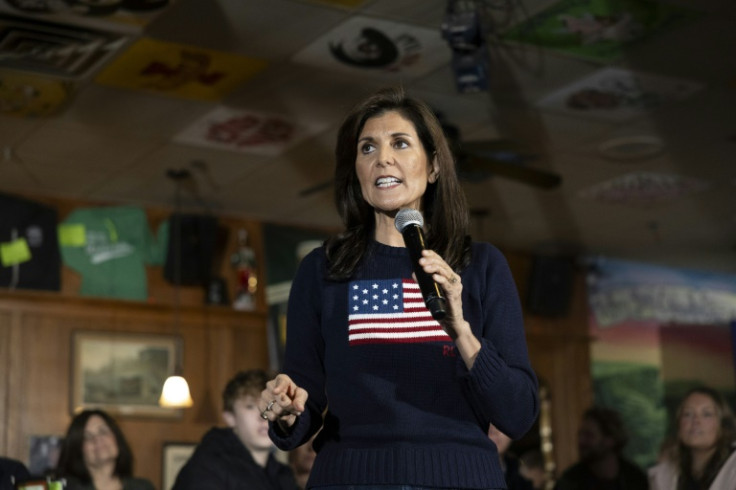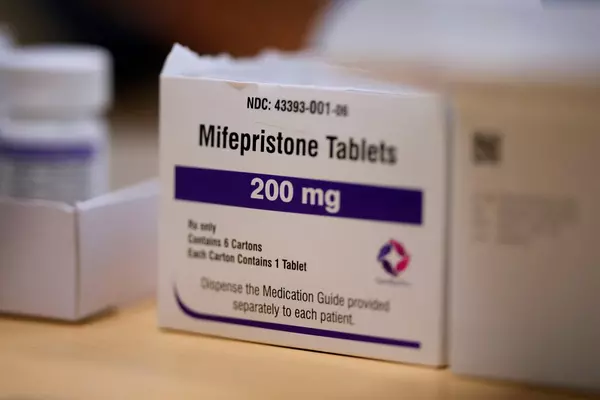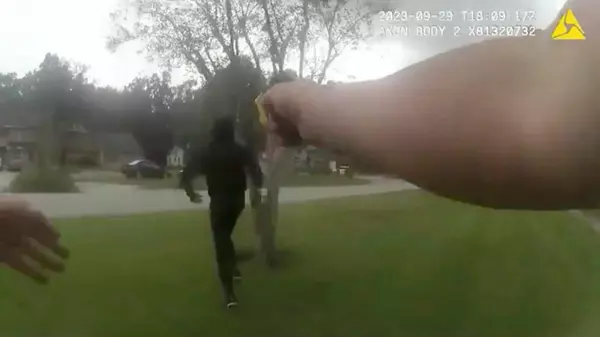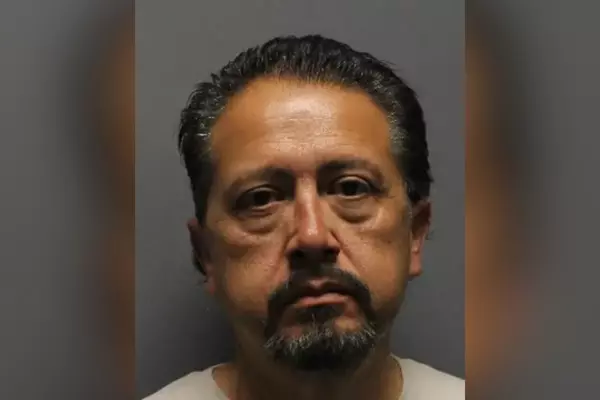
Republican presidential candidate Nikki Haley said Wednesday that she believes frozen embryos created through in vitro fertilization (IVF) are "babies." Her comments are seen as an endorsement of a controversial ruling by the Alabama Supreme Court.
"Embryos, to me, are babies," the former UN ambassador said in an interview with NBC. She also disclosed using artificial insemination to conceive her son.
Haley's comments follow the Alabama top court ruling last week stating that frozen embryos outside the womb are "children." The decision prompted criticism and concerns from the White House and a top U.S. infertility association, which said that the decision would have "devastating consequences" for fertility clinics in the southern state that offer IVF treatment.
Addressing the court's ruling, Haley remarked, "When you talk about an embryo, you are talking about, to me, that's a life. And so I do see where that's coming from when they talk about that."
She indicated a need for sensitivity regarding the implications of the decision, asserting, "This is one where we need to be incredibly respectful and sensitive about it."
Regarding the Alabama ruling's impact on IVF treatments, Haley refrained from definitive statements but recognized the necessity for nuanced conversations between patients and medical practitioners.
"I know that when my doctor came in, we knew what was possible and what wasn't," she said, adding, "Every woman needs to know, with her partner, what she's looking at. And then when you look at that, then you make the decision that's best for your family."
The Alabama Supreme Court's ruling, issued in appeals cases from 2020, stemmed from a cryogenic nursery incident where frozen embryos were accidentally dropped by a patient.
Three couples initiated legal action against the Center for Reproductive Medicine and the Mobile Infirmary Association, citing the state's Wrongful Death of a Minor Act.
The Alabama Supreme Court sided with the couples, declaring frozen embryos as "children." The court clarified that the wrongful death law includes "all unborn children, regardless of their location."
The ruling sparked mixed reactions and triggered a nationwide debate on reproductive rights and ethical considerations.
White House press secretary Karine Jean-Pierre expressed concerns about the ruling, stating it could create chaos and allow politicians to influence personal decisions families make, as per NYT.
The majority opinions of the judges referenced an 1872 statute allowing parents to sue for the wrongful death of a minor child, asserting its application to "unborn children" without exceptions for "extrauterine children." Chief Justice Tom Parker emphasized the sanctity of life, stating, "Even before birth, all human beings have the image of God, and their lives cannot be destroyed without effacing his glory."
Days after the ruling, the University of Alabama at Birmingham announced a pause in IVF treatments, citing concerns about potential criminal prosecution or punitive damages for following standard IVF care.







